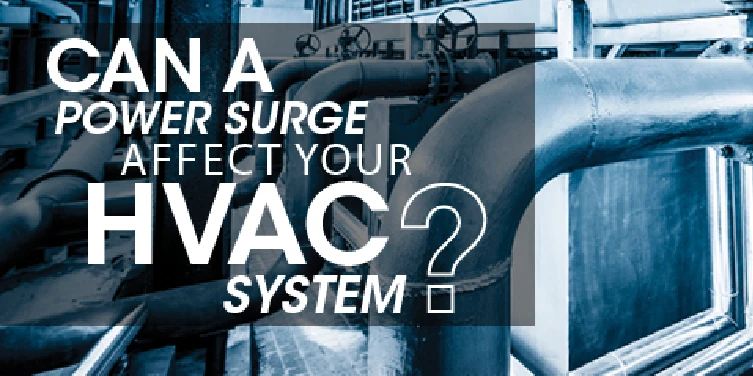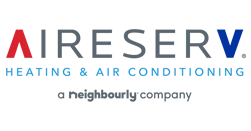Can a Power Surge Affect your HVAC System?

Springs showers are here, and summer thunderstorms are rapidly approaching. To guard against the insults of today’s crazy weather, you’ve got point-of-use surge protection on all of your home’s most sensitive electronics: TVs, stereos, computers, portable devices and other technology. But, what about your home’s most expensive appliance: your heating and air conditioning system?
Far from indestructible
While your heating and air conditioning system can withstand the rain, it cannot withstand power surges. With many sensitive electrical components, a power surge could result in immediate destruction to your unit, or unknown to you, a slow and steady breakdown from repeated abuse - even if it doesn’t show obvious signs of damage.
“But we don’t get that many storms…”
Lighting is not the only cause of power surges, though it is what commonly comes to mind when one thinks of them. While lightning strikes cause the most powerful, damaging, and feared surges, the majority of surge-related damage is not caused by lighting. Smaller, daily surges from local power plants, downed lines and maintenance, nearby factories, and even your own demanding home appliances can cause instantaneous damage or slowly wear down your heating and air conditioning system (and other appliances) over time.
A heavy burden
Damage by lightning strike is not typically covered under heating and air conditioning system warranties. And while your homeowner’s insurance may include coverage, the burden of proof is on you – as are the costs of repairs or replacement following damage to your system from power surges.
Reducing the risk
Adding surge protection to your home and heating and air conditioning system can decrease the risk of surge damage. Surge protectors monitor the incoming current, and then divert that current to ground when they detect an increase that is unsafe. This prevents excess current from damaging heating and air conditioning system circuitry and components, preventing the expense of unexpected repair or replacement.
Guarding your system
The best power surge protection for your heating and air conditioning system involves a multi-level approach, as no single type of surge protection can stop surges completely. This includes proper grounding, whole house protection installed between street power lines and your home’s power meter (type 1 protection), additional whole house protection between the meter and breaker box of your home (type 2), and point-of-use protection between outlets and appliances (type 3) – in this case, your heating and air conditioning system. Installation typically takes a licensed electrician a couple hours to install. An insurance plan for your heating and air conditioning system, an investment in surge protection may very well pay for itself - and then some – with the costs of an average install far less than the cost of a new system.
Prevent power surges from harming your HVAC. Contact Aire Serv® and schedule surge protection installation today.
For Further Reading:
What Happens During a Power Surge?
What's That Smell? AC Vent Smells and What They Mean
 Click to call
Click to call


